
Central African Republic's ex-Seleka rebels on Saturday gave government officials in areas under their control 48 hours to leave.
The ultimatum came a day after the sacking of the National Assembly president which the rebels say was illegal.
"The state representatives posted in the zones occupied by the armed groups of the ex-Seleka have 48 hours to leave those zones," Abdoulaye Hissene, the leader of the ex-Seleka and of the National Defence and Security Council, which comprises several ex-Seleka armed groups, told AFP.
Deputies in the National Assembly voted out their president, Karim Meckassoua, in a censure motion late Friday.
The move against Meckassoua, who represents a predominantly Muslim neighbourhood in Bangui as MP, was not justified by any wrongdoing and therefore "illegal", Hissene said. "We think it happened because he's a Muslim," he said.
The ex-Seleka rebels are themselves mostly Muslim.
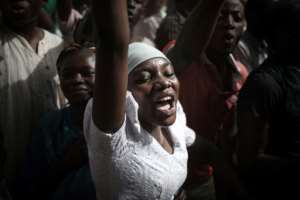 Meckassoua's backers took to the streets this week. By FLORENT VERGNES (AFP)
Meckassoua's backers took to the streets this week. By FLORENT VERGNES (AFP) But government spokesman Ange-Maxime Kazagui denied any religious motives in the dismissal of the National Assembly president.
"Those who launched the censure procedure raised management problems. At no time was the religious question raised," he said.
After years of confrontation between Muslim and Christian groups, the election of Meckassoua in 2016 was seen as a symbol of reconciliation between communities in the Central African Republic.
But observers have also said that relations between Meckassoua and President Faustin-Archange Touadera, a Christian, have never been good.
Several hundred people demonstrated on Tuesday to protest against the upcoming censure motion against Meckassoua.
One demonstrator, Moussa, warned that there would be "total crisis in this country" if the parliamentary chief was ousted.
Sporadic gunfire was heard in the PK5 neighbourhood late Friday, and also in rebel strongholds Bria and Bambari, but it was not clear whether there was any link with Meckassoua's fate.
The Central African government controls only a small part of its territory, with vast parts living under the control of armed groups.
The country of 4.5 million inhabitants, rich in diamonds and uranium, counts among the world's poorest.
Read Full Story

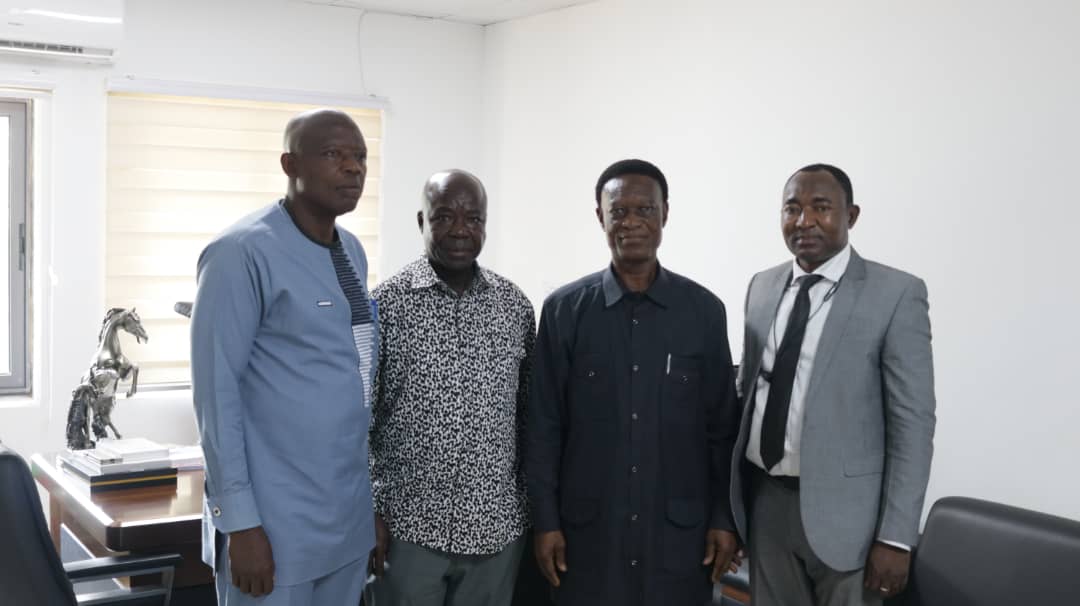
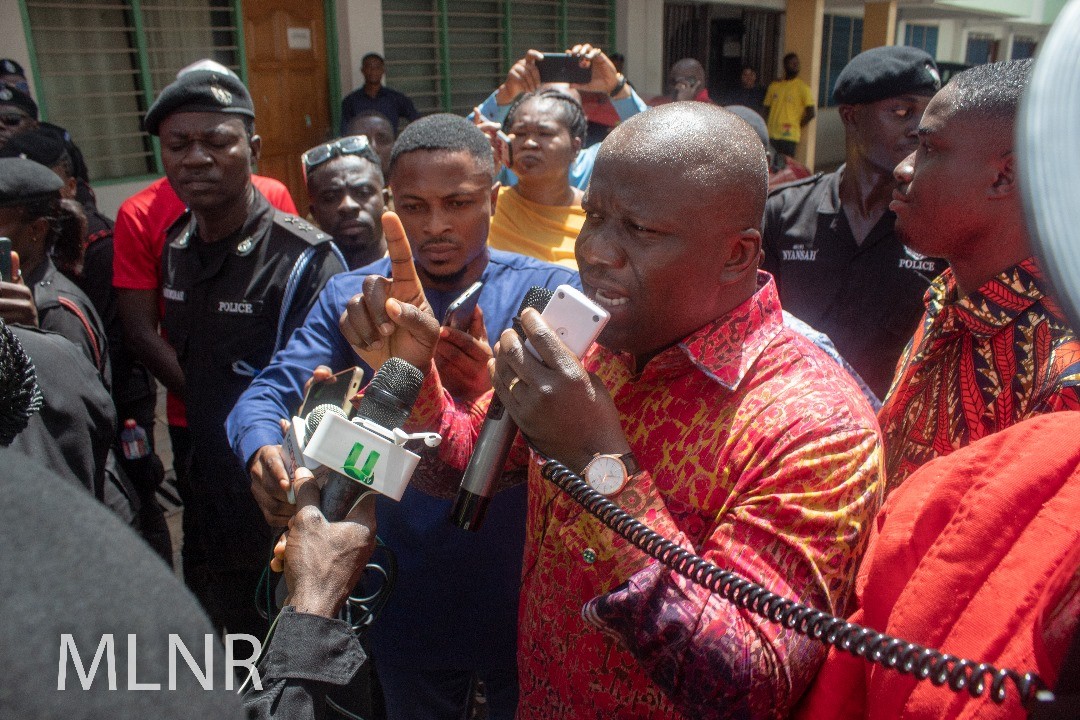

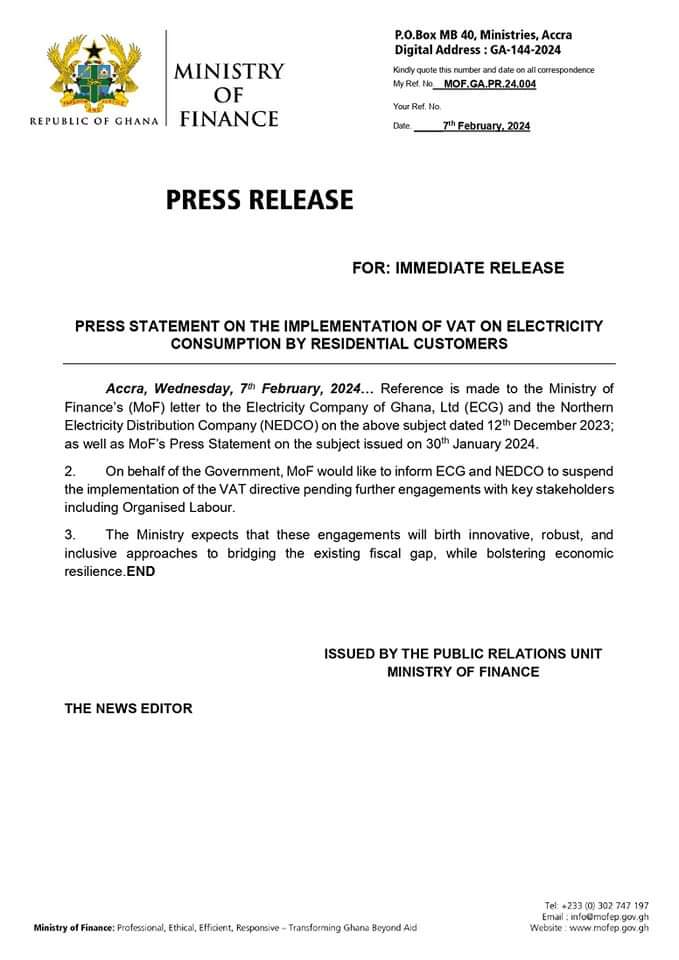
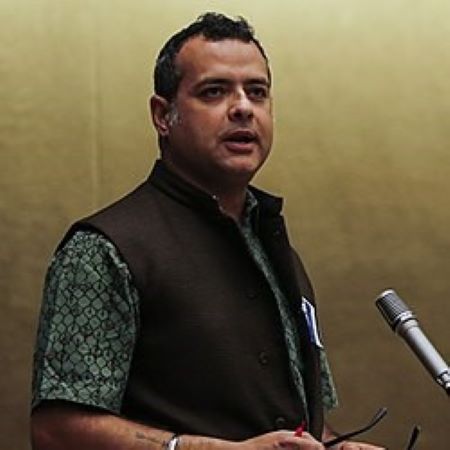

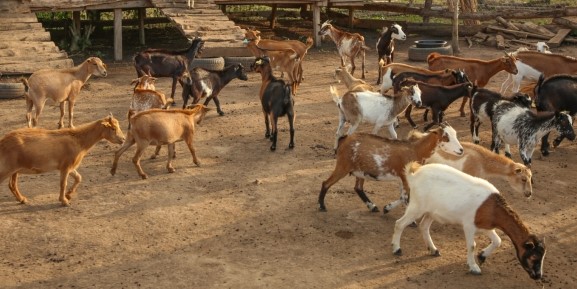



















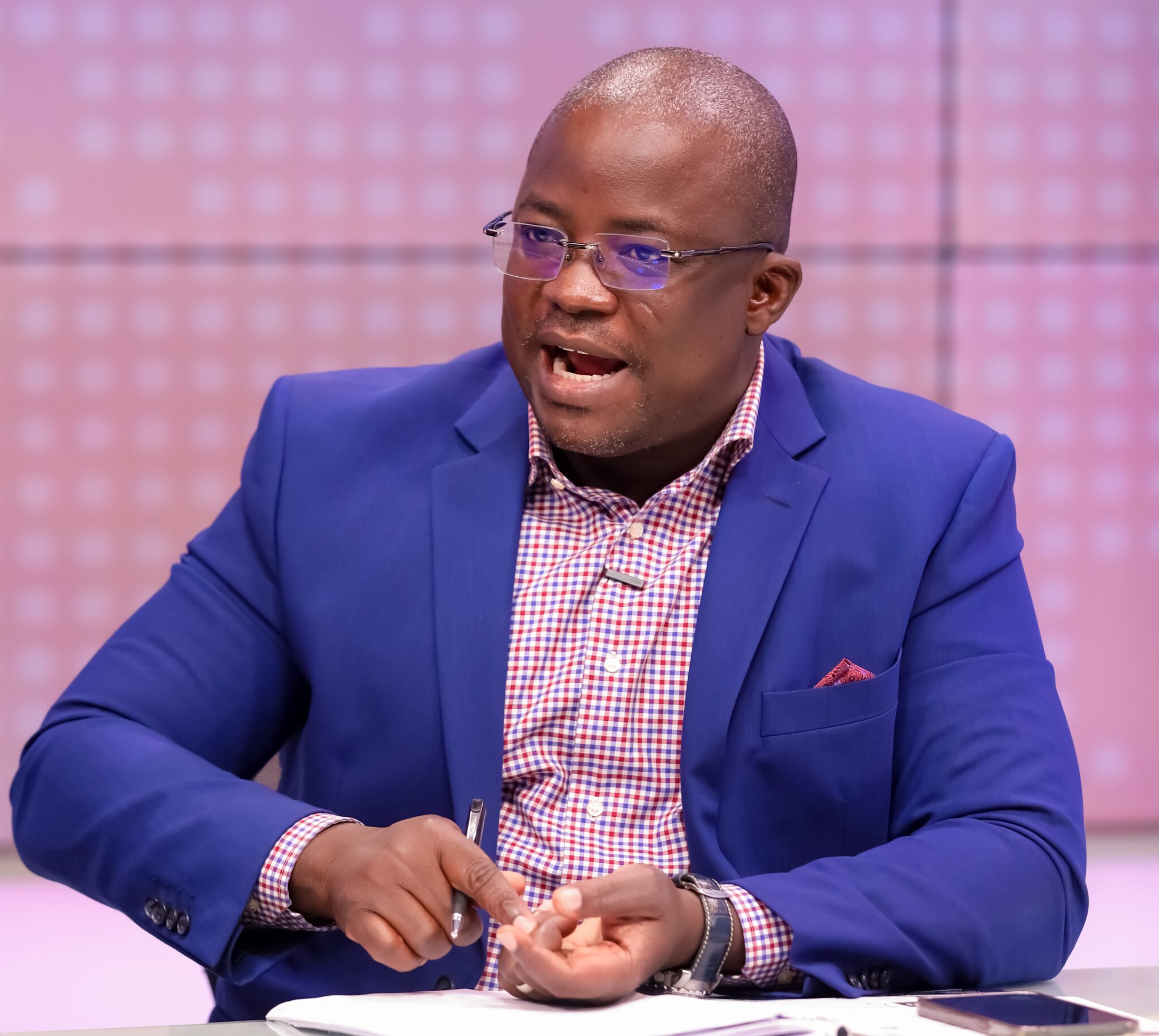

Facebook
Twitter
Pinterest
Instagram
Google+
YouTube
LinkedIn
RSS